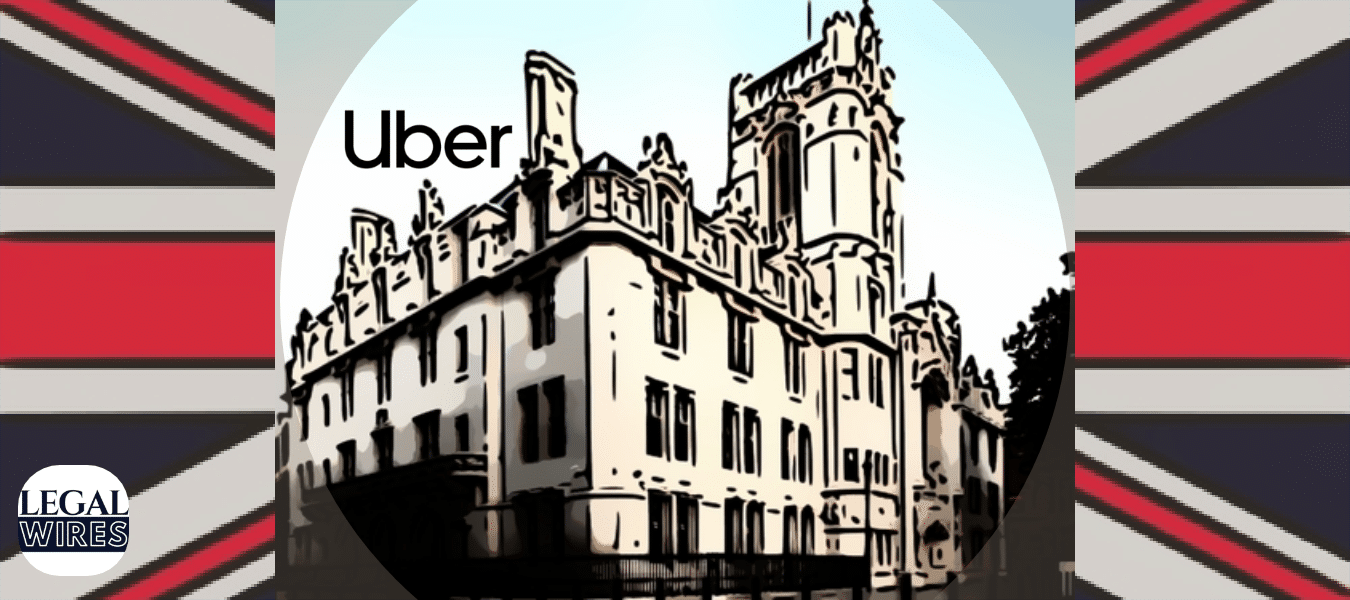All employees are workers, but an employee has extra employment rights and responsibilities that don’t apply to workers who aren’t employees.

LONDON (Reuters) – The Silicon Valley based firm Uber was brought into light after an incident was fetched into contemplation by two then working Uber drivers who were residing in London, the issue came into being when an employment tribunal ruled in 2016 that they were entitled or having the authority to workers’ rights such as the minimum wage, paid holidays and rest breaks.
The Silicon Valley based firm after being pulled to the court will now be getting the chance to defend themselves and thus now will defend its business model on Tuesday at Britain’s Supreme Court. The question raised was complexly related in regard to a battle over rights in the workplace that could have consequences for millions of Britons earning a living in the gig economy and thus affecting their as well as many others’ economic status.
The above-mentioned case was brought into consideration by two then working Uber drivers who were residing in London, the issue came into being when an employment tribunal ruled in 2016 that they were entitled or having the authority to workers’ rights such as the minimum wage, paid holidays and rest breaks which clearly portrayed them as the master of the rooster who can change the game by their own will but as things stand or the scenario signifies, Uber drivers are treated as self-employed, meaning they are legally entitled only to minimal protections and thus would indirectly might be affecting their rights and privileges.
In their point of view Uber signifies that the above-mentioned practices have been followed and abided by, for decades by private hire vehicles known as minicabs, which cannot be hailed in the street like traditional taxis, and that the drivers there earn on average more than the minimum wage which is fixed alongside other benefits as in accordance with the terms and conditions of working for them.
The Silicon Valley-based company has to its bad-luck lost two appeals in the above-mentioned case, instigating the same to seek a hearing at the Supreme Court which will consider the matter on Tuesday and Wednesday after providing them with an opportunity to present their point of view in front of the court.
Even after the Silicon Valley-based company would be making their statements in front of the Supreme Court but still as seen from the details and the proceedings it can be seen clearly that the judgement is not expected until at least the beginning of the month of October. Now the question arises what if the Uber loses in midst of the proceedings, the firm’s position can be dubious to appeal again and a further tribunal hearing may be needed to decide how the ruling is applied in the practice.
Many other firms in the gig economy which work on the same business policy and thus hereby use an exact identical business model to carry out their tasks, providing a free hand to the workers where they get the opportunity to work for one or more companies without fixed contracts which gives them a chance to earn more if they desire to work for more hours and dedicate their time.
Definition of Employee under Laws of U.K.:
An employee is someone who works under an employment contract.
A person may be an employee in employment law but have a different status for tax purposes. Employers must work out each worker’s status in both employment law and tax law.
Employment Rights in U.K.
All employees are workers, but an employee has extra employment rights and responsibilities that don’t apply to workers who aren’t employees.
These rights include all of the rights workers have and:
- Statutory Sick Pay
- statutory maternity, paternity, adoption and shared parental leave and pay (workers only get pay, not leave)
- minimum notice periods if their employment will be ending, for example if an employer is dismissing them
- protection against unfair dismissal
- The right to request flexible working
- time off for emergencies
- Statutory Redundancy Pay
Some of these rights require a minimum length of continuous employment before an employee qualifies for them. An employment contract may state how long this qualification period is.
Parallel Incidents that also Signify the Bad luck of the Company:
In the month of June, Canada’s top court ruled in favour of a driver in a case that paves the way for a class action suit calling for the company to recognize drivers there as company employees. The incident indirectly affected the companies and thus the above-mentioned incident as well is the falling point of many such firms.
Discreetly, in London, the company’s bad luck still persists when the company is trying to win back its licence after the city’s new transport regulator stripped it of its right to operate in November and that too for the second time in just a span of over two years. The appeal of the company would be heard in the month of September before the top-most court.





